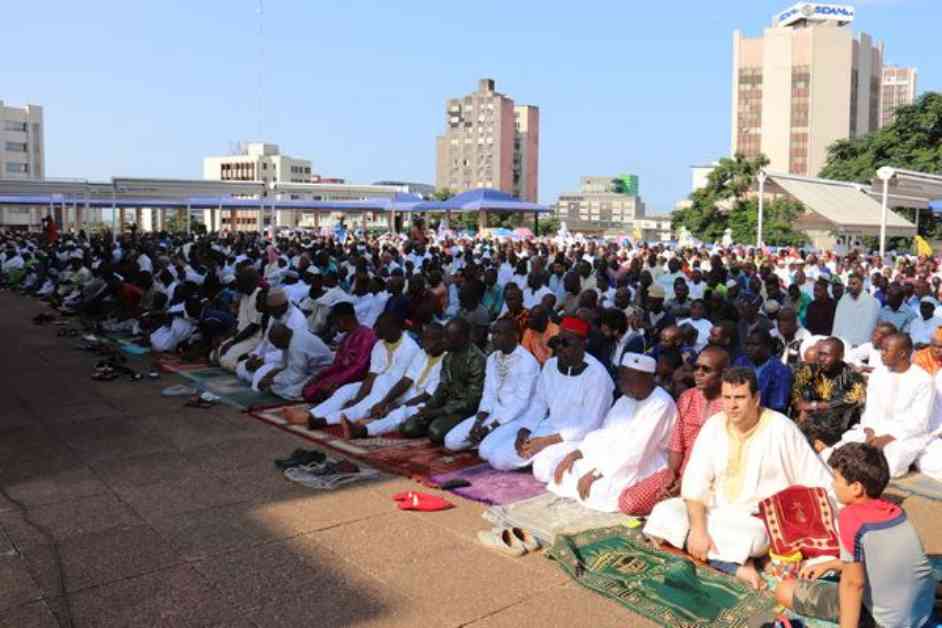The Senegalese Muslim community will officially celebrate the Aid El-Kebir or Tabaski festival the day after tomorrow, Monday, June 17, 2024. The announcement was made by the National Commission for the Consultation on the Lunar Crescent (CONACOC) on Friday, June 7th. However, a significant number of Senegalese have decided to celebrate Tabaski starting tomorrow, Sunday, June 16, which is the day after the stay at Mount Arafat, with the Coordination of Muslims of Senegal (CMS) and the rest of the world, including Saudi Arabia. This will result in two celebrations for the same religious event.
Unlike the rest of the Muslim world, Senegalese faithful will have two Tabaski celebrations this year, 2024. Indeed, the overwhelming majority of the national Muslim community will celebrate the Tabaski festival on Monday, June 17. The National Commission for the Consultation on the Lunar Crescent (CONACOC) made the announcement on Friday, June 7, 2024, through a statement.
Following its observation session on the same evening at the Senegalese Radio and Television Broadcasting (RTS) of the new moon to determine the date of this Muslim festival, CONACOC reported that « after collecting all the information…, the lunar crescent was sighted in several localities of the country. » Therefore, « Saturday, June 8, 2024 will be the 1st day of Dhul-Hijjah (1445H, lunar month) and Tabaski will be celebrated on Monday, June 17, » as stated in the National Commission’s statement.
On the other hand, for a good number of Senegalese Muslims, the celebration of Aid al-Adha, the « feast of the sacrifice, » also known as Aid El-Kebir, « the big feast » or Tabaski 2024 or 1445 Hijri (of the Islamic calendar) is scheduled for the eve, Sunday, June 16. This is because the sacrifice feast of Ibrahim (AS) is celebrated during the period of pilgrimage to the holy places of Islam, particularly on the 10th day of Dhul-Hijjah, which cannot be separated from the Hajj, especially the stage of the stay at Mount Arafat, which corresponds to the 9th day of Dhul-Hijjah. This explains the differences and the celebration at two different speeds of this religious festival in Senegal.
It is the Coordination of Muslims of Senegal (CSM), the movement « Jama’atou Ibadou Rahman » and all these Muslims who are convinced that after the day of Arafat (9th day of Dhul-Hijjah) that they fast, as is the case for their brothers around the world who are not in a Hajj situation, the next day (10th day of Dhul-Hijjah) is « necessarily » the day of Ibrahim’s sacrifice, hence Tabaski. While the National Commission, also based on teachings of Islam, always insists on observing the naked eye at the national level of the lunar crescent to determine the date of this festival. This often explains the divergences and the celebration at two different speeds of this religious festival in Senegal.




